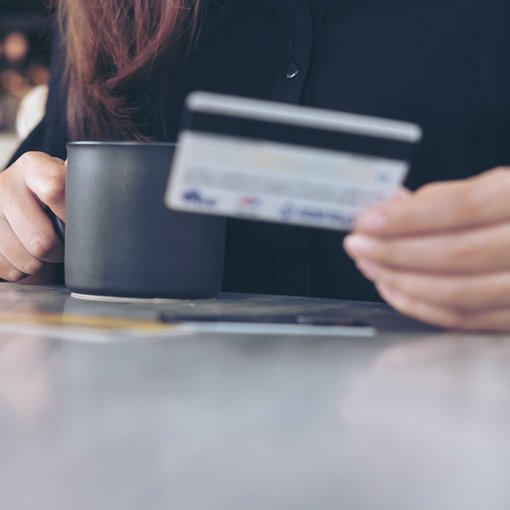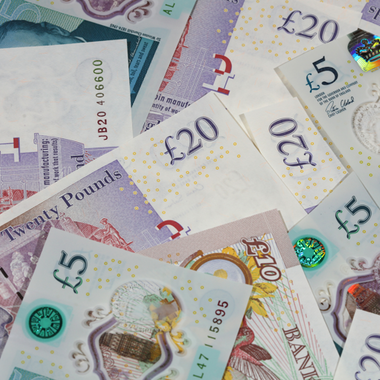
- Three minutes read
The role of prepaid cards in tackling financial inclusion
How prepaid cards can deliver additional financial services to the unbanked
As paysafecard CEO Udo Muller discussed on our blog last month, there are currently 40 million European adults that are unbanked for a variety of reasons, including limited or no access to banking services and a lack of trust in the traditional financial system.
For financial institutions, this lack of access to banking instruments creates not only a moral but also commercial incentive to provide applicable services to this demographic. 40 million adults is the equivalent of 9% of the population over the age of 15, a substantial business opportunity for a provider that can bridge the access gap to this group.
In the last article in this series we discussed the role that cash can play in providing a range of financial services to the unbanked, in this second article we take a closer look at three ways that prepaid cards can tackle the issue of financial inclusion.
Secure cash storage
For many Europeans, being unbanked is an active choice rather than a lack of access to banking facilities. This may be because it is more convenient to remain outside of the traditional banking system, particularly if their employment means that they get paid in cash; it may also be because they feel uncomfortable sharing their financial data with a bank for privacy or security concerns.
By utilising a reloadable prepaid card, these citizens as well as those who do not have ready access to banking facilities can store wealth in a manner that isn’t reliant on securely managing quantities of cash, but without being reliant on a bank or similar financial institution they don’t trust or cannot be serviced by. The prepaid card takes on the property of a current account without the ‘strings attached’, with cash being easily paid in or paid out.
Access to online and app payments
58% of consumers now say that they prefer to buy online, such are the benefits of convenience and often cost of eCommerce. For the unbanked, not having a debit or credit card may be an access barrier to these benefits. Similarly, the growth of seamless in-app payments such as Uber is another growing trend that is moving consumers away from paying with cash and instead digitising their payments for offline services.
As more merchants offer goods and services using this method of payment (e.g. the restaurant industry is one of the leading trialists of this new technology), the unbanked will be increasingly forced to compromise where they spend their money if they remained solely dependent on cash.
For many of these examples, a prepaid card is a viable alternative to a debit or credit card, and as such can provide a gateway to these services.
Getting on the contactless bandwagon
Offline, traditionally it is cash that has been the life source of the unbanked. Procuring and spending cash is not reliant on the banking system in any way (save for the supply of it via an ATM if you do have an electronic source of finance to convert into cash), so making payments using cash has been necessary for those without access to banking and preferential for those who voluntarily elect to remain outside of the banking network.
However, while cash still remains one the fundamental building blocks of the payments ecosystem, consumers’ relationship with cash is changing, particularly in light of the rise of contactless technology. The UK leads in this area; according to our Lost in Transaction: Payments Trends 2018 report more than 50% of UK consumers now habitually make payments using a contactless card. But adoption is growing across Europe, and as it does so the inclusion gap between those who have access to this technology and those that remain reliant on cash will widen.
Prepaid cards can bridge that gap; a contactless reloadable card allows a consumer to easily convert their cash into a contactless source of finance that delivers all of the same benefits that have driven adoption of contactless to-date.
And it isn’t only consumers that are on board with the growth of contactless.
According to Lost in Transaction: The future of payments for SMBs the number of North American merchants accepting contactless payments is expected to nearly double in the next two years to 60% overall adoption, a figure that should be equalled or bettered in Europe where the technology has been more successful to-date.
While the function of a contactless card can mirror cash in the vast majority of situations, giving the unbanked similar choice and flexibility with how they make payments as those with full access to banking facilities is a key component of financial inclusion.




